 'Mother Teresa, Saint of Darkness'
'Mother Teresa, Saint of Darkness'
I'm a fan of most anything that Catholic theologian Robert Barron
writes. He has a felicitous way of making complex things more easily
grasped. In this article on Real Clear Religion, he's not explaining complex ideas but a complex person, and he concludes:
To allow Christ to live his life in you is, therefore, necessarily to
experience, to one degree or another, the absence of God, to undergo the
agony of the crucifixion in all of its dimensions. St. John of the
Cross, the greatest mystical theologian in the Church's history said,
quite simply, that there is no path to holiness that does not lead
through the cross. Though it is a high paradox, the 50-year darkness
that Mother endured is, therefore, one of the surest indicators of her
saintliness.
|
| |
 The Quiet Spiritual Journey of David Brooks
The Quiet Spiritual Journey of David Brooks
It not something the famous New York Times columnist likes to talk about, but he's getting asked about it more and more. Here's a recent interview with him, in which he says,
I don't talk about my own faith. It's all so new and green that I'm
afraid if I talk about it in public, it will become like my political
opinions, just a bumper sticker, not a living, breathing thing. I will
say that right now I'm just a magpie. I read everything, and some of it
is Jewish and some of it is Christian, and some of it is just
humanistic. Ethnically, culturally, historically, I'm Jewish. Parts of
Jewish theology I like—the emphasis on agency. There are parts of
Christianity—a more richly developed sense of grace—that I find very
beautiful.
|
| |
 Which Climate Do We Want?
Which Climate Do We Want?
I didn't think climate change had a history, other than one that goes
back millions and millions of years. Apparently, I'm wrong. It turns out
it has a "recent" history worth paying attention to:
Some periods in particular, especially the years around 1680 and 1740,
stand out as uniquely stressful. Extreme cold led to crop failures and
revolts, social crises and apocalyptic movements, high mortality and
epidemics, but it also spawned religious revivals and experimentation.
If you write history without taking account of such extreme conditions,
you are missing a lot of the story.
What's refreshing about this piece by historian Philip Jenkins
is that he's not trying to debunk climate science, about which there is
a large consensus. Then again, he argues that before we do something
about it (about which there remains significant disagreement), we might
begin by asking what the goal is. What, in fact, is the ideal state of
the climate? Jenkins points out that global temperatures in AD 900,
1150, 1350, and 1740 were each significantly different. Depending on the
answer, that might change what we do and how fast we do it.
|
| |
|
|
| |
|
|
| |
|
|
|









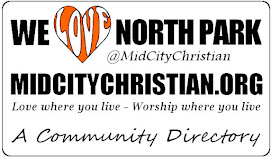



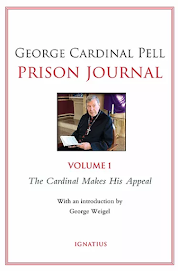

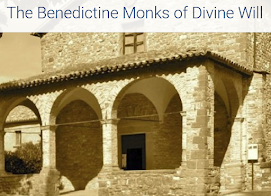


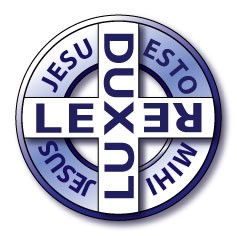

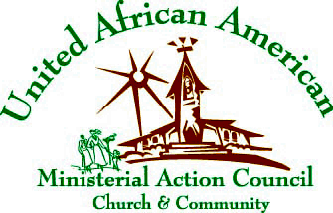

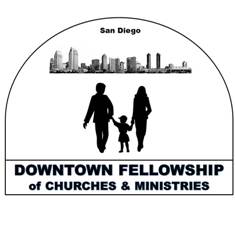




No comments:
Post a Comment